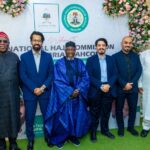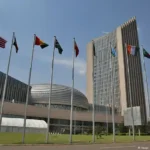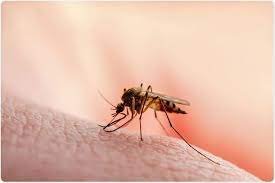By Justina Auta
The Civil Society in Malaria Control, Immunisation and Nutrition (ACOMIN), has urged communities to advocate improved healthcare services in Primary Healthcare Centres (PHCs) to address their health challenges.
The FCT Programme Officer of ACOMIN, Mr Samuel Simon, made the call in an interview with the News Agency of Nigeria (NAN) on Thursday in Abuja.
He said, “Nigeria has the world’s highest number of people affected by malaria and the second largest in Human Immunodeficiency Virus (HIV) burden, as well as one of the 30 countries with high tuberculosis.
“Socio-economic demographics influence the prevalence rate of malaria, HIV, and TB infection, while lack of financial resources can undermine treatment.
“The diseases are poverty-related, with the poorest populations the most vulnerable due to inadequate health facilities, lack of access to information and quality education.
“Also, lack of financial resources can undermine treatment, which contributes to high under-five malaria mortality.
“This discourages care-seeking behaviour, particularly among the poorest households, even where treatment is free, other hidden out-of-pocket costs for patients may render treatment prohibitive.”
The programme manager also said that even where treatment is free, such as in the case of TB, payment of transport to clinics and other costs may render treatment difficult or unaffordable for some patients.
He, therefore, stressed the need for measures that include prevention and treatment, health education and community partnerships for Nigeria to progress in controlling HIV, TB, and malaria.
He suggested community-driven support for PHCs and involvement in ensuring sustainability of the centres.
“Additionally, community support can manifest through volunteering, donating resources, or participating in advocacy efforts to secure increased funding and resources for PHCs,” he said.
Simon also stressed the need for government and other stakeholders to strengthen health systems, provide needed financial resources, renew political leadership, and foster collaborations.
He urged the media to advocate strengthening of PHCs and infrastructure for sustainable, efficient, and effective health outcomes.(NAN)
Edited by Abiemwense Moru/Hadiza Mohammed-Aliyu












